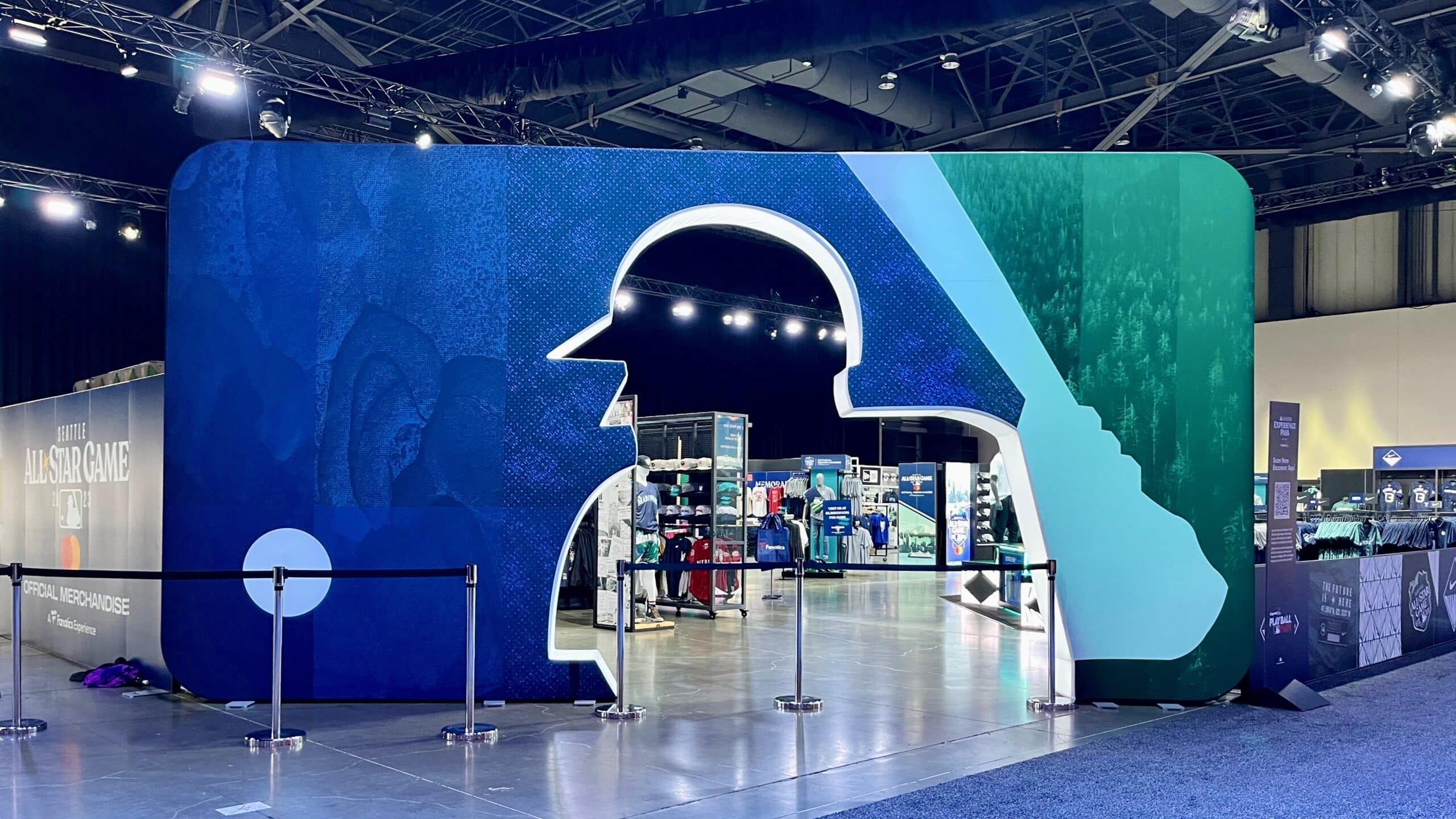[ad_1]

It’s a question that’s made countless job seekers break out in a cold sweat.
Tell me, what are your salary requirements?
The question, often asked by hiring managers and recruiters, can come before you have any idea how much a job might pay. And unless you’ve perfected the complicated salary-requirement sidestep, there’s no way of knowing if you’ve named a number too low and left potential earnings on the table.
That’s about to change. A bill signed into law by Gov. Jay Inslee last month will require Washington state companies with more than 15 employees — from fast-growing startups to tech giants such as Microsoft and Amazon — to disclose a salary range and benefit information in job listings, effective Jan. 1, 2023.
The law could spell big changes for the tech industry, where it’s not uncommon for applicants to undergo several rounds of interviews before hearing about the potential compensation package. And those who unknowingly named a low number during the interview process stand to make significantly less than their peers.
“I can’t imagine that any of the larger players are happy about this.”
Cher Scarlett, a software engineer from Kirkland, advocated for Senate Bill 5761 during the legislative session this year, saying tech companies intentionally keep employees in the dark about compensation as much as possible.
“Within my roles at Starbucks and at Apple, my salary was depressed because I was asked for my salary expectations rather than knowing in advance how much Starbucks or Apple would consider my value of work to be,” Scarlett told legislators.
Doug Sayed, founder of Applied HR Strategies, said tech companies are also famously secretive about compensation practices because they don’t want competitors to know what they’re offering.
“Tech companies are operating in a hyper-competitive labor market, especially in the past year or more,” he said.
Sayed said he hasn’t heard much support for the new law when speaking with tech leaders, though some will use salary range information from competitors to inform their own hiring decisions.
“I can’t imagine that any of the larger players are happy about this, although maybe some smaller ones are excited to see what they are competing with,” Sayed said.
That aside, more information about compensation is largely a plus for workers, even though it’s unclear just how upfront companies will be with salary ranges.

“On the benefit side of things, you will have greater transparency for job seekers,” Sayed said. “Plus, smaller employers will have transparency to what their largest labor market competitors are potentially offering, although I suspect some will look for ways to get away with being less transparent.”
Before the law takes effect, the Washington State Department of Labor and Industries will create a system for investigating noncompliance and complaints.
Molly Jones, vice president of public policy at the Washington Technology Industry Association, said the new law could make it harder for startups to compete with large tech employers for new hires, since “salaries at startups are generally lower, though startups are able to offer shares and stock options that you wouldn’t find at a large company.”
Even so, she thinks the law is largely positive, especially for tech workers who have been historically underrepresented and underpaid in the industry.
“WTIA did not take a formal stance on this bill during the legislative session, though we support the intent of the bill to provide salary transparency and increase equity for women, BIPOC, and persons with disabilities in the tech sector,” said Jones. “More information and increased transparency in salary is a key part of closing pay gaps.”
Todd Reeves, senior vice president of employee engagement and insights for Expedia Group, echoed the sentiment about equity. He said Expedia already discloses pay ranges in a number of states and doesn’t foresee much change with the new Washington state law.
“While we’re still reviewing our next steps following this update, given our existing practices, we expect little to no impact from this legislation as it will contribute to our commitment to building a more open and equitable workplace,” Reeves said.
Colorado was the first to make salary-range disclosures mandatory with a new law last year. A similar disclosure law will soon go into effect in New York City, and several other states — including New York and California — are debating their own plans to require companies to be more transparent about compensation.
Critics of the Washington legislation told Crosscut that it could actually be a bad thing for a worker to have their current salary a matter of public record, especially if it causes their next employer to offer them less money. Critics also argue these types of laws could make employers from other states less likely to hire remote workers.
Some claim there’s already evidence out of Colorado that remote-work exclusion is happening. The website Colorado Excluded features online job postings from around the country — some from well-known companies such as eBay, Spotify and Eventbrite — that specifically exclude candidates living in Colorado.
“This is a remote position which may be performed anywhere in the United States except for within the state of Colorado,” states an expired listing for a software engineer at Shutterfly.
After Inslee signed Washington’s new law, worker-rights advocate Scarlett tweeted: “Colorado has faced exclusion from software jobs because of this law, but good luck doing the same for coveted Google, Microsoft, Amazon, Meta, and Apple engineers.”
Washington’s high concentration of tech workers is bound to help sway employers across the country to post salary ranges, said WTIA’s Jones.
“With an enormous amount of talent in our state, it’s exciting that Washington may be the first follower that creates real momentum on this issue nationwide,” Jones said.
“Just publish your pay ranges before you’re forced to do it, because you’re going to be forced to do it.”
Some companies aren’t waiting until 2023 to add salary ranges to job descriptions.
Seattle-based Textio, an AI-based augmented writing platform that specializes in making job descriptions more equitable, publishes pay ranges for open positions in all locations.
Speaking on the GeekWire Podcast last week, Textio CEO Kieran Snyder said companies should get ahead of the trend and “just do the right thing.”
“Just publish your pay ranges before you’re forced to do it, because you’re going to be forced to do it,” said Snyder, adding that it’s important for potential employees to know what “ballpark” they are playing in.
Textio doesn’t negotiate outside of the stated pay ranges, part of an effort to make the workplace more equitable.
“We sort of show you where you’re going to stand,” said Snyder, whose company employs 120 people across nine states. “One of the most important things companies can do for their equity and inclusion work is transparency here.”
Sayed, with Applied HR Strategies, said he has some misgivings about the effectiveness of the new law, especially since it’s unclear if companies have to post the position’s full range, or just what they’re willing to pay a new hire. And some small companies may not have official salary ranges for positions, which might complicate things for job seekers.
“Those who haven’t gone through a formal compensation analysis and plan development may just wing it, or post a very narrow range that only represents what they are willing to offer a new hire, not necessarily the full range of where people might be paid who have been with the company for a while,” Sayed said.
Even so, he thinks this will become more standard as powerhouse states like California move toward making similar requirements — especially if it moves the meter on helping facilitate diversity, equity and inclusion (often referred to as DEI).
“I’m not sure I buy the equitable arguments, but I understand why it’s being made,” Sayed said. “Most tech companies, especially the larger players, are focused on trying to increase diversity, and on gender pay equity in technology. DEI efforts have been only of modest success so far, but not necessarily because they aren’t trying at all.”
Editor’s note: Comment from Expedia Group was added to this story.
[ad_2]
Source link







